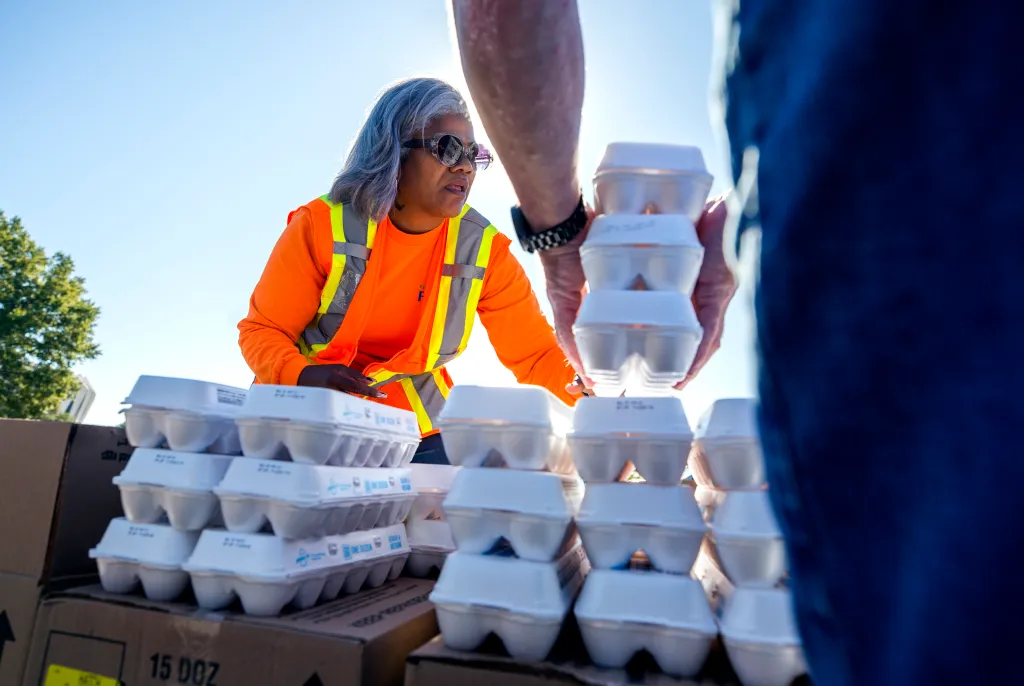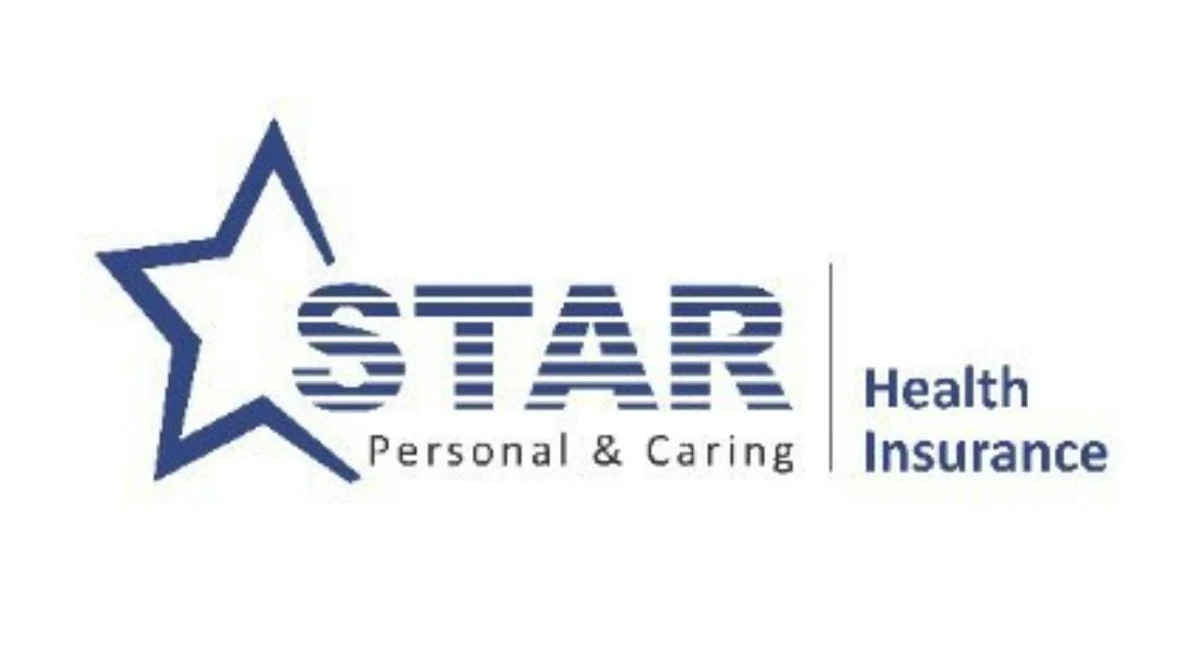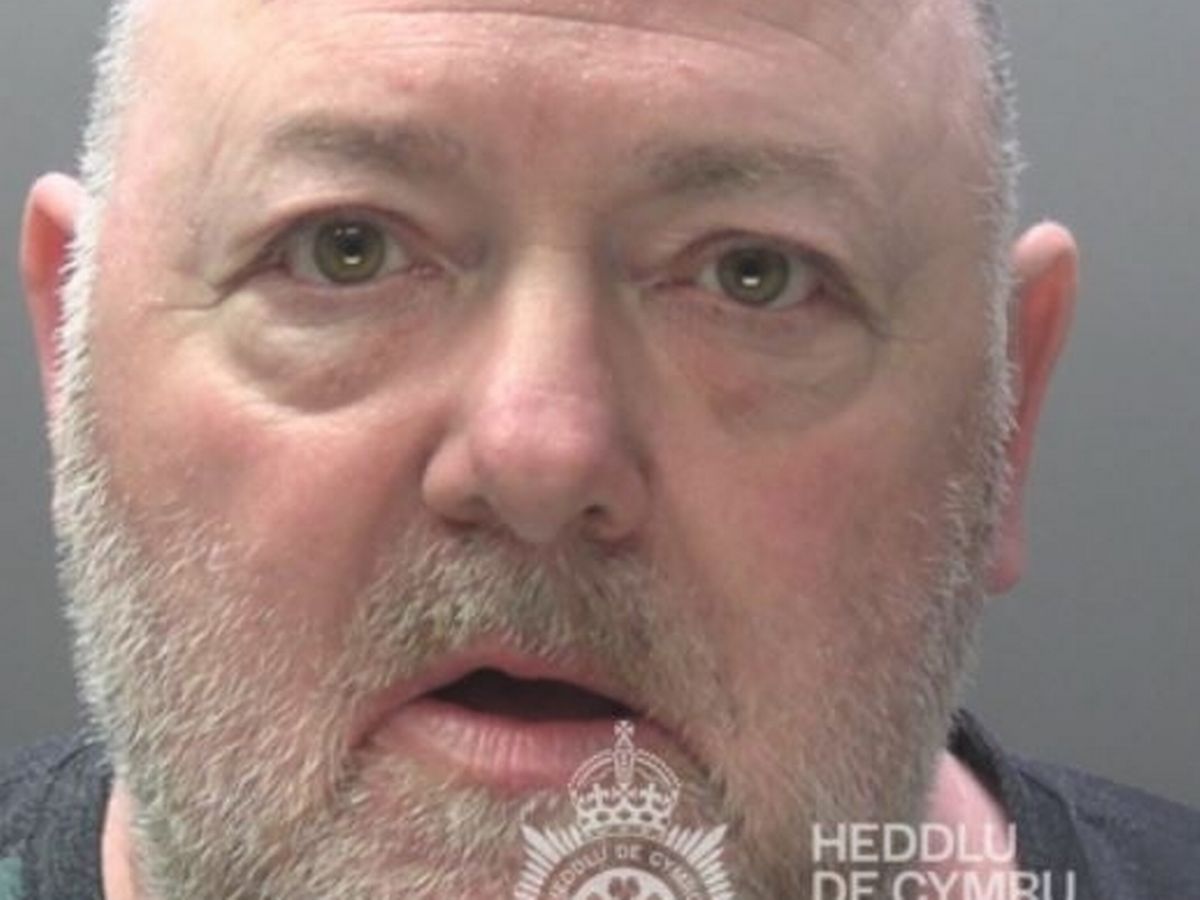Copyright mwnation

Financial, economic and governance experts have called for urgent reforms in the country’s State-owned enterprises (SOEs) to curb recurring appeals for financial bailouts and restore profitability. Their concerns follow a recent US State Department report stating that SOEs are draining public resources due to political patronage, mismanagement and lack of transparency. The 2025 Malawi Investment Climate Statement warns that SOEs pose a contingent liability on government, with repeated taxpayer-funded bailouts undermining accountability and fiscal stability. Financial analyst Sylvester Malumba said bailouts divert scarce resources from critical sectors like health and education while increasing debt and interest obligations. He urged government to appoint competent professionals to lead SOEs and ensure board members face scrutiny from Parliament’s Public Accounts Committee. He cited Auction Holdings Limited (AHL), which received a K44 billion bailout in 2018 to avoid selling its auction floors. “By comparison, the Ministry of Tourism received only K16 billion in the national budget. Bailouts like AHL’s reduce fiscal flexibility and limit national investment,” Malumba said. Economics Association of Malawi (Ecama) president Bertha Bangara Chikadza noted that SOEs rely heavily on government guarantees and concessional borrowing, which become actual public debt if defaults occur. With debt at 86.4 percent of GDP and interest payments expected to consume 26.9 percent of the 2025/26 budget, she warned bailouts could crowd out development spending. In a separate interview, governance advocate Willy Kambwandira said SOEs have become hubs for political patronage and abuse, often used to siphon public funds. Former Attorney General Thabo Chakaka-Nyirenda criticised past decisions to privatize SOEs under donor pressure, arguing that it stunted economic growth. In recent years, government has bailed out loss-making SOEs like Escom, Admarc, and Blantyre Water Board to cover debts and sustain services. Admarc alone received over K53 billion in five years, while Escom got about K66 billion. The US report follows Ecama’s own findings two months earlier, which revealed that most SOEs posted negative returns and unsustainable debt between 2016 and 2022, posing major risks to public finances.



